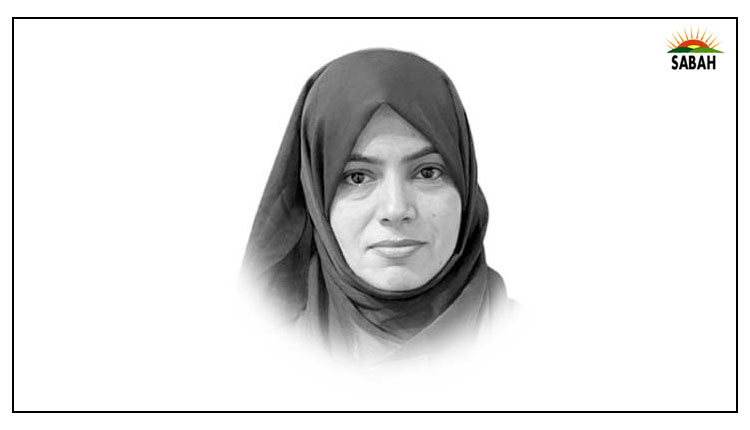Painful pre-partition memoir … Saira Samo
Living in the Clouds: A Memoir, written by Dr Khwaja Ahmed Abbas, is an adventurous life story filled with great passion and endeavour to thrive even in hardships. The first chapter, Rupture, offers motivation and compels the reader to continue. The painful departure from their birthplace of Sonepat to Lahore, a totally unfamiliar place to settle, is recounted. The journey of more than 10 million native people from India took place over two days without food, water, or knowledge of whether their father was alive or dead. While living for survival is a great blessing, the loss of their beloved is even more palpable. As mentioned by the author, his Magic Box (an iron box) was his only treasure that he carried from his past house in Sonepat, India. It contained various odd articles and artifacts, including a fountain pen, a couple of pencils, an old copy of books, and a table diary with loose blank pages. This treasure was later lost in the quest for water for his thirsty mother during two long days and nights without water, food, or sleep.
While recounting his memoirs, Abbas tells the story of the female servant who lived with them her entire life under the care of his father. He recounts the strange life story of this woman. As a young girl in her teens, she came begging at his house, probably in the early 1920s. She was Hindu by faith but did not want to reveal her true identity. When her name was asked, she blurted out ‘Mismillah’, though her real name was Karian. She was hired and stayed with the extended family her whole life, never revealing her past. She served the family throughout her life and later, in her old age, she became blind. She also accompanied the family to Pakistan, hoping to find happiness there.
The painful history of the pre-partition period haunts the mind constantly. Abbas narrates how his closest female family members and elders instructed their youngest girls to kill themselves before they were attacked by Hindu and Sikh Pandits, out of fear of losing their chastity. Such was the insecurity during the partition period, inflicted on Muslims during forced migration. The inhumane deaths of more than one million migrants terrified people as they traveled from India to Pakistan on trains of hope. With more than ten million others to migrate from their homeland Bharat, which was inhabited by Hindus, Parsee, Sikhs, and Muslims for centuries, the Abbas family was included in this deadly venture with no hope of survival. There were six family members in all, along with thirty others, crammed into train carriages with thousands more, embarking on the journey to the newly independent Pakistan, leaving behind India in a frightened state, fearing murder, burning alive, rape, and torture, as had happened to many others on the same journey before them.
The Indian subcontinent, which had been ruled by the British for 200 years, was a great power to the British, who held the entire empire with little initial resistance during the Raj. As mentioned by them, India was the ‘Jewel in the British Crown’ and was the main source of their wealth. However, this came to an end in 1947 with the partition of the subcontinent into India and Pakistan, accommodating 60 per cent Hindus, 35 per cent Muslims, and the remaining Sikhs, Parsis, Christians, and others. The British government acceded to the demand to create two countries, Pakistan and Bharat. Pakistan was created, much to the annoyance of the Hindu population and leaders, who dreamed of creating an entirely Hindu country, the Akhund Bharat.
The memoir by KA Abbas reflects on his childhood love lost in Sonepat, India. Despite this, it holds hope for preserving the innocence and simplicity of life. Abbas revisited Sonepat after 30 years, finding his old house occupied by strangers and the mosque he prayed in, now a ruin.
Courtesy The Express Tribune, April 6th, 2024.












